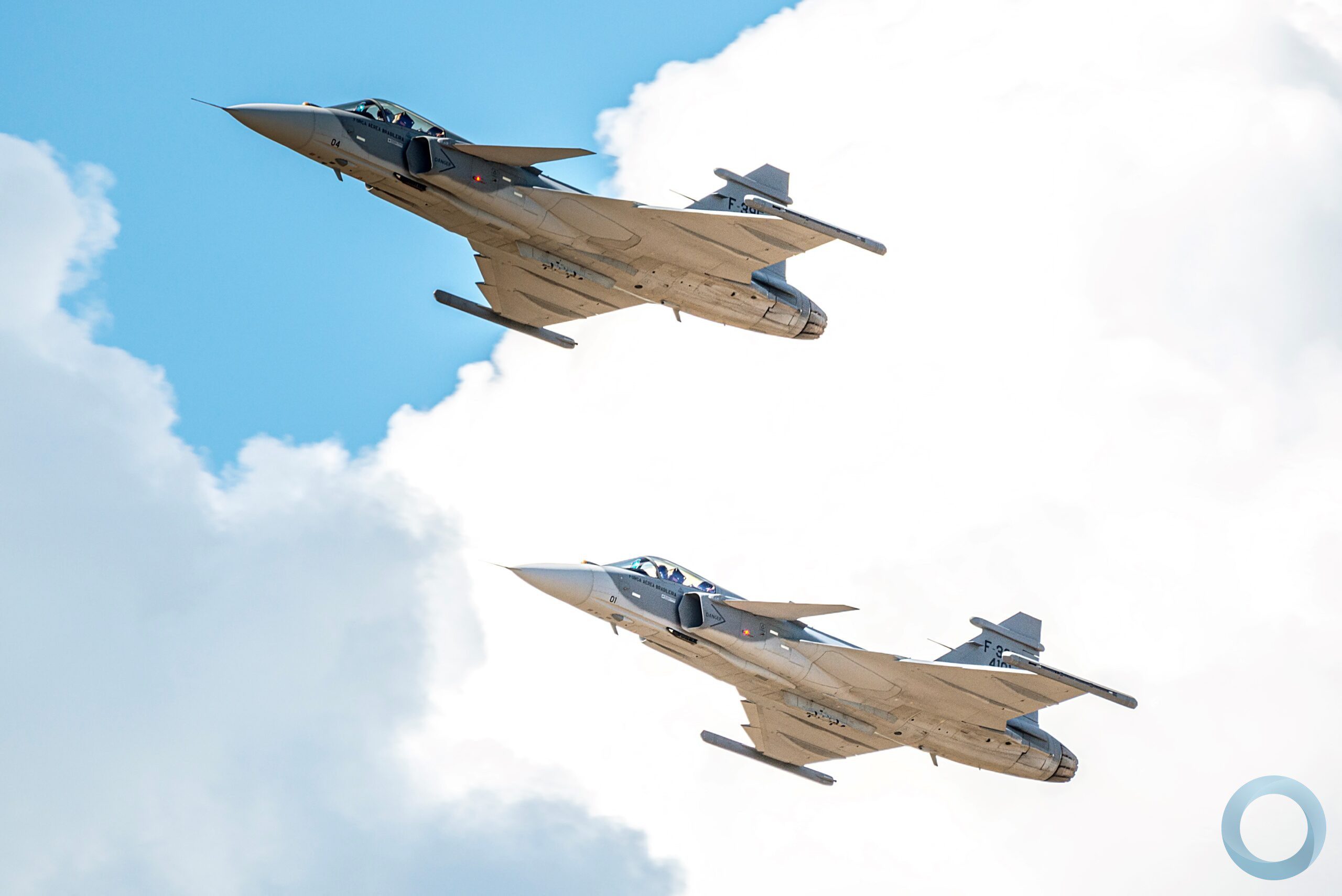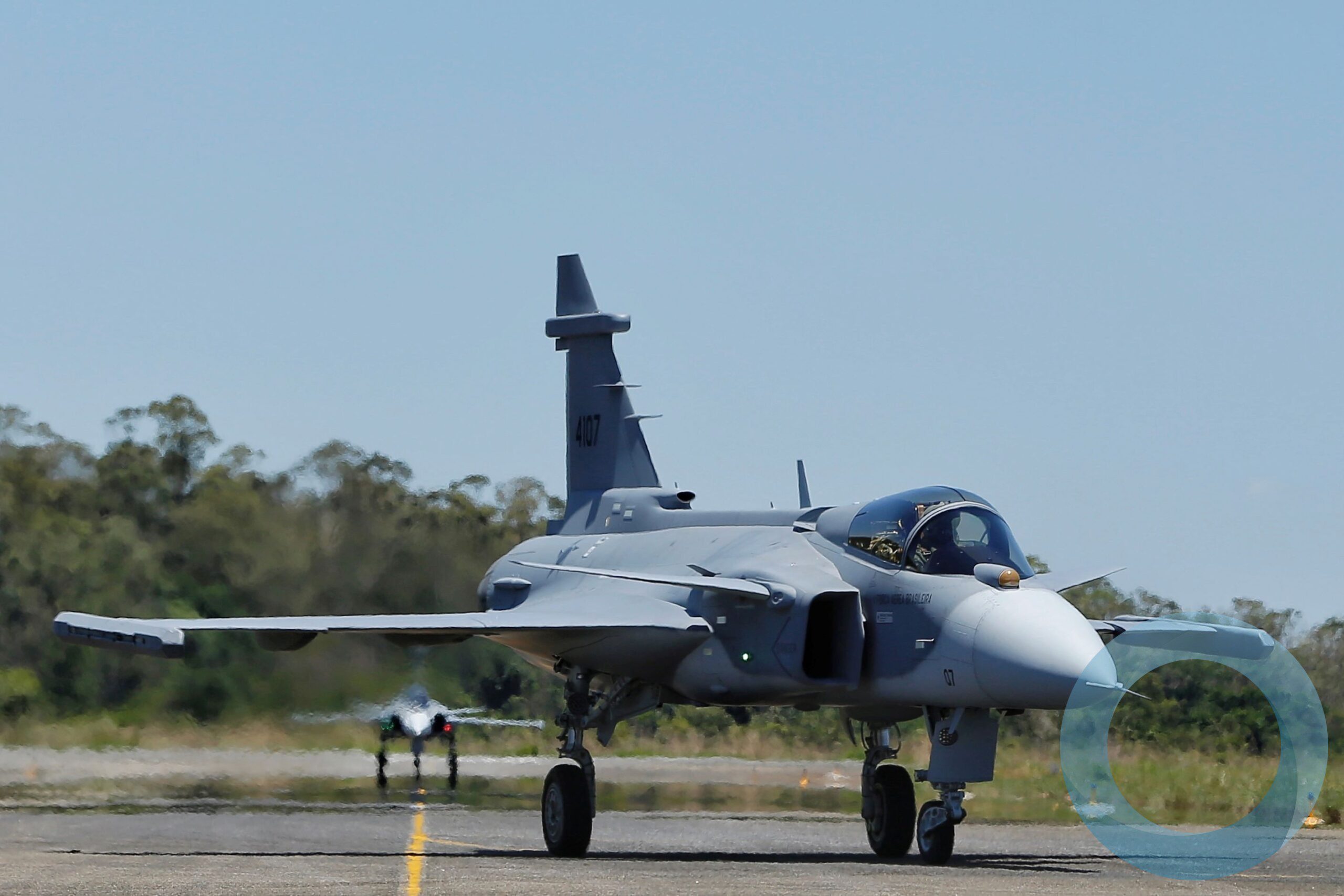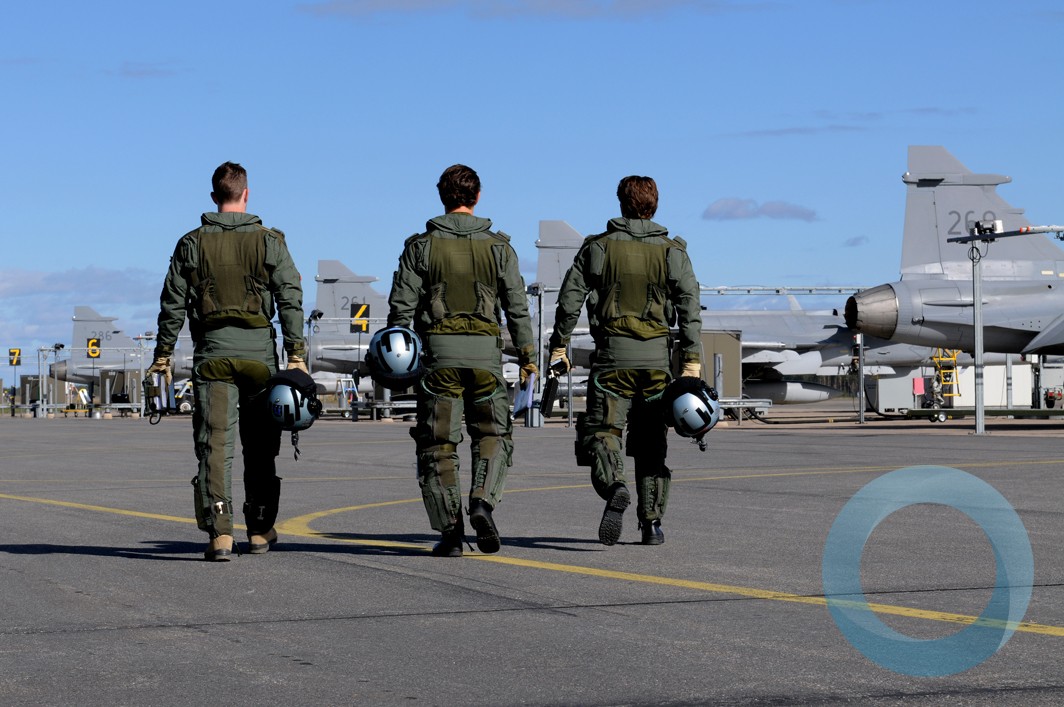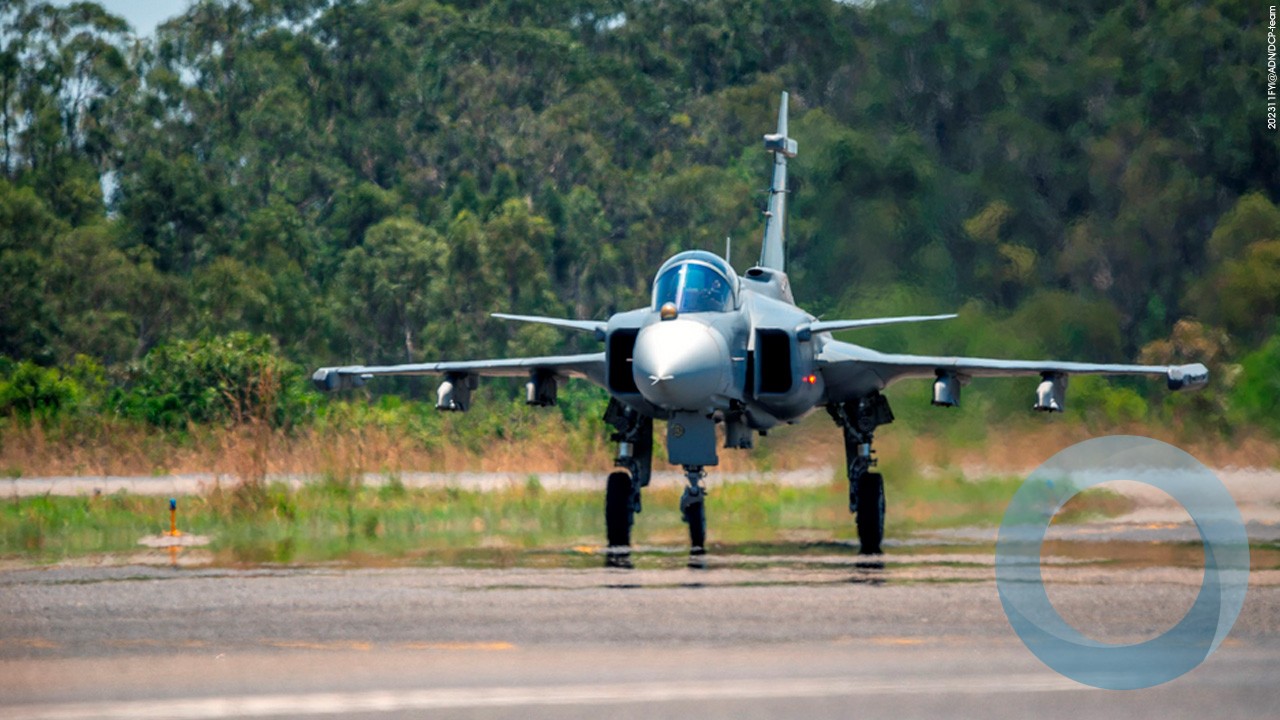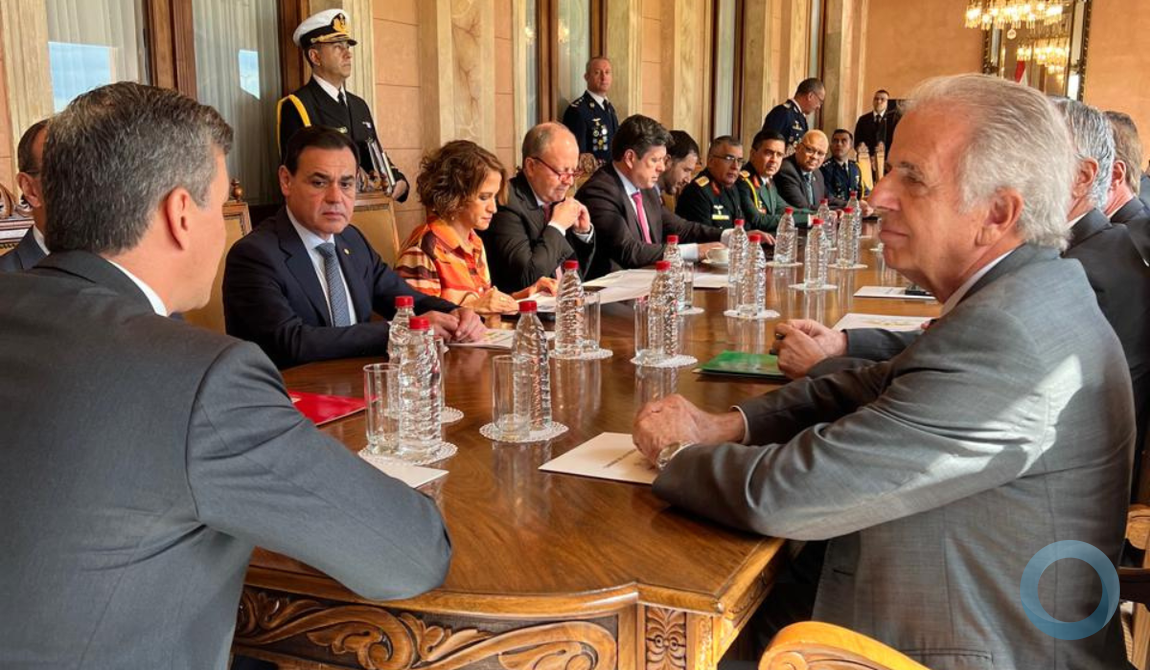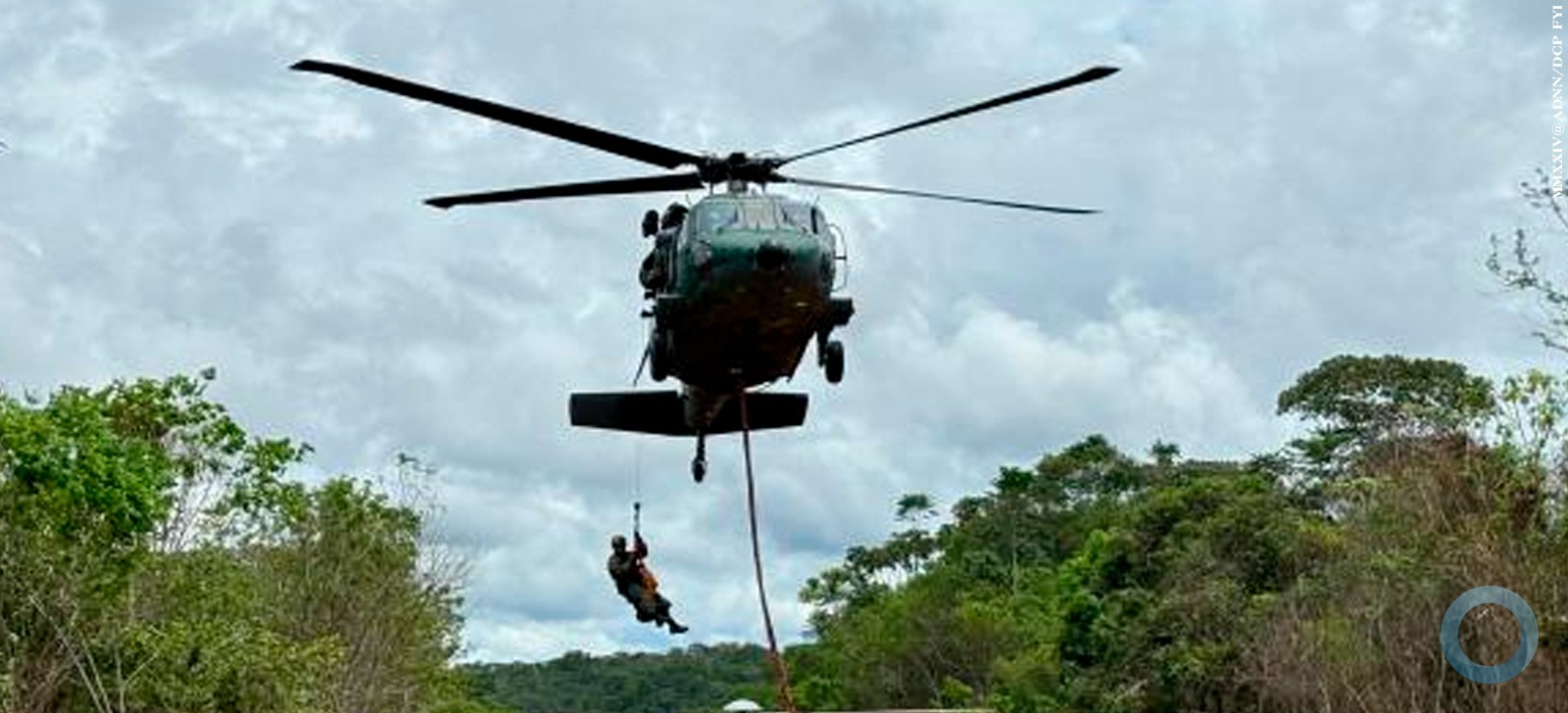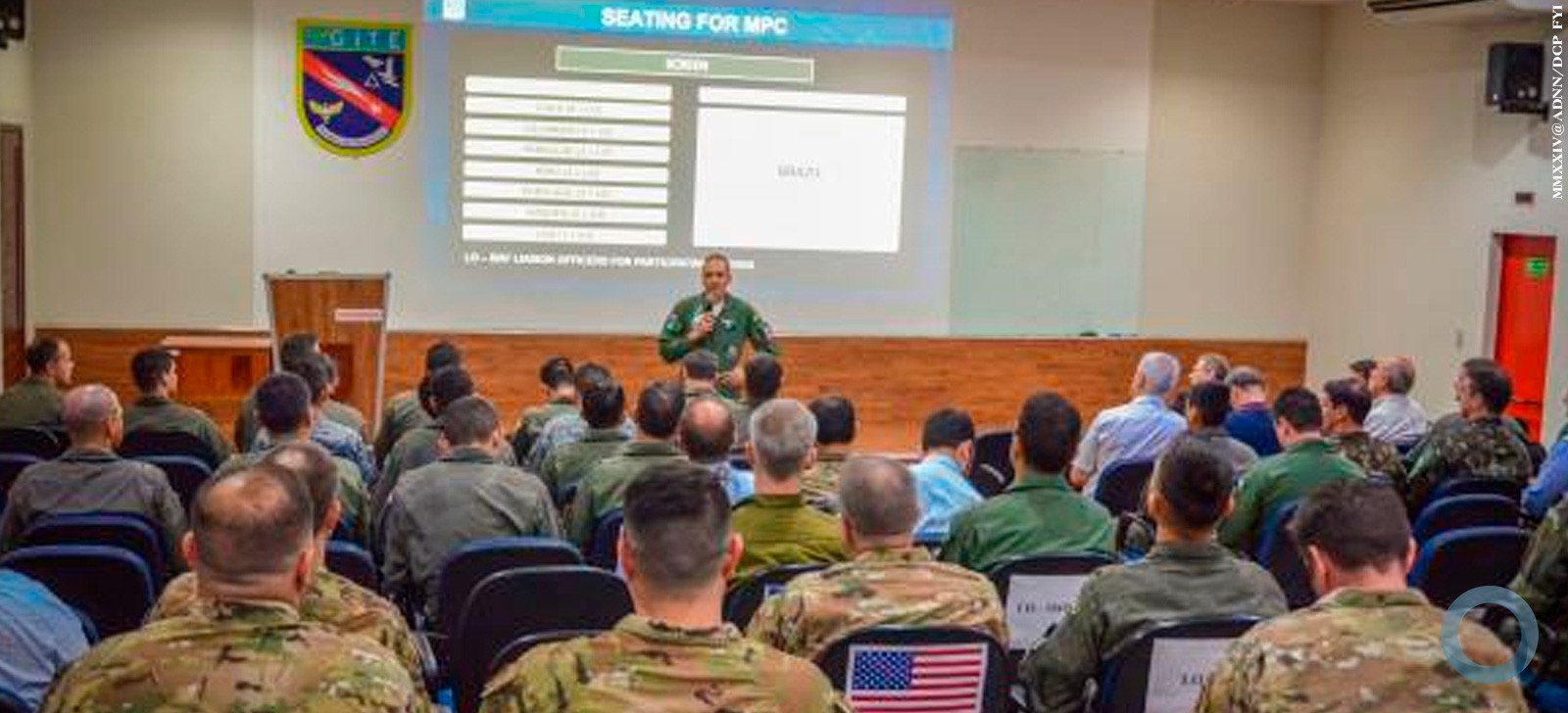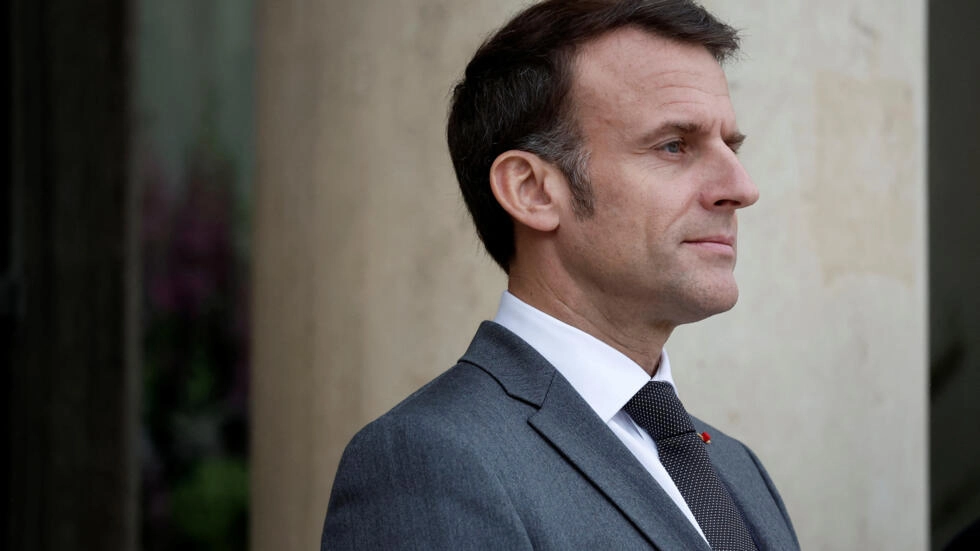Source – Agência Estado
Edited by – Nicholle Murmel
Under the pressure from Treasury minister, Joaquim Levy, for lowering the interest rate on the acquisition contract for the Gripen fighter jets from Sweden, president Dilma Rousseff talked on the telephone his morning (23rd) with Swedish Prime-Minister, Stefan Löfven. The Brazilian president asked Löfven to postpone the deadline for signing the financing contract, which is due this Wednesday (24th), so interests can be renegotiated.
Minister Levy has been arguing that lowering these rates will result in cost reduction of nearly 1 billion Reais in 25 years. He also wants to use the Gripen deal as base to renegotiate other international contracts already signed by other government departments, claiming that interest rates have gone down in Europe, and Brazil can benefit from that.
The Brazilian Air Force Command is truly worried with this possible change in the proposal already signed by manufacturer SAAB. The Force fears that other key-points in the contract may be altered, impairing the joint construction project along with technology transfer. In the Air Force’s perspective, the amount saved is too little for such a long time spam of 25 years, and doesn’t make up for altering and harming the original proposal. The Swedish argued that the deal has already been signed and that its terms were already approved by the Swedish Congress.
Therefore, any changes need to be approved in Sweden as well. The Brazilian government, however, believes it will be able to rely on good will from the Swedish, since they are also interested in the success of the Gripen acquisition program. As a sign of willingness, they already agreed on reducing the first installment from 1 billion Reais to 200 million, due to the heavy tax adjustment Brazil is going through at the moment.
During her conversation with the Swedish Prime-Minister, President Rousseff tried to reassure him that the Brazilian government has no intention of calling off the contract, only establish new rates for the financing process. She reminded also that, traditionally, Brazil always seek legal security regarding international deals, and explained how revisiting the original Gripen contract would help Brazil in a time of economic hardship. According to information collected for this report, the Minister’s response was “positive”, and he should reply to the government’s request soon.
To Minister Levy, the interest rates proposed in the deal can be changed. The Swedish think otherwise. SAAB’s director in Brazil, Bengt Janér commented on the challenges of altering any aspect of the contract, and informed that “at the moment of signing, the interest rates established [on the contract] were fixed”. To him, the issue is that Brazil wants even lower rates; even though Swedish banks claim the numbers offered are below the OCDE. “But the Swedish must follow the rules, which are clearly written, and state that the interests are fixed at the moment the deal is signed. Otherwise, they turn into subsidy to Sweden’s defense industry”.
According to Bengt Janér, there was no way to reduce the rates “unless we took the contract back to the Swedish Parliament and started a new discussion and negotiation process and, in this case, the delay would be irreversible”.
For now, the deadlines for delivering the first of the 36 Gripen units remain the same – 2019, and a total of ten units should be delivered by 2021 in order to form an operational squad. The last unit is set to be delivered by 2024. Since the government first acted on purchasing the fighter jets, in December 2013, the contract had a 12% price increase and now, according to the Air Force, it’s worth US$ 4,8 billion. The longer our government takes to sign the contract, the longer 100 Air Force engineers must wait to go Sweden and work on building the new generation Gripen.
So far, Brazil and Sweden have signed a pre-contract in October 2014, and one of the topics states that, within eight months, the financing plan with Stockholms Enskilda Bank (SEK) must be validated. In case it doesn’t happen, all previous negotiations become void and the terms of the acquisition deal must be reestablished. Another problem is that postponing technological deals between Air Force technicians and the aircraft manufacturer might cause “irreversible damage to the technology transfer process”.






